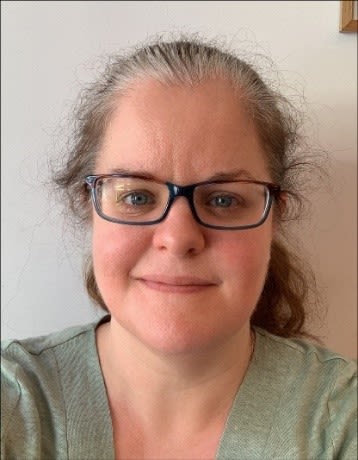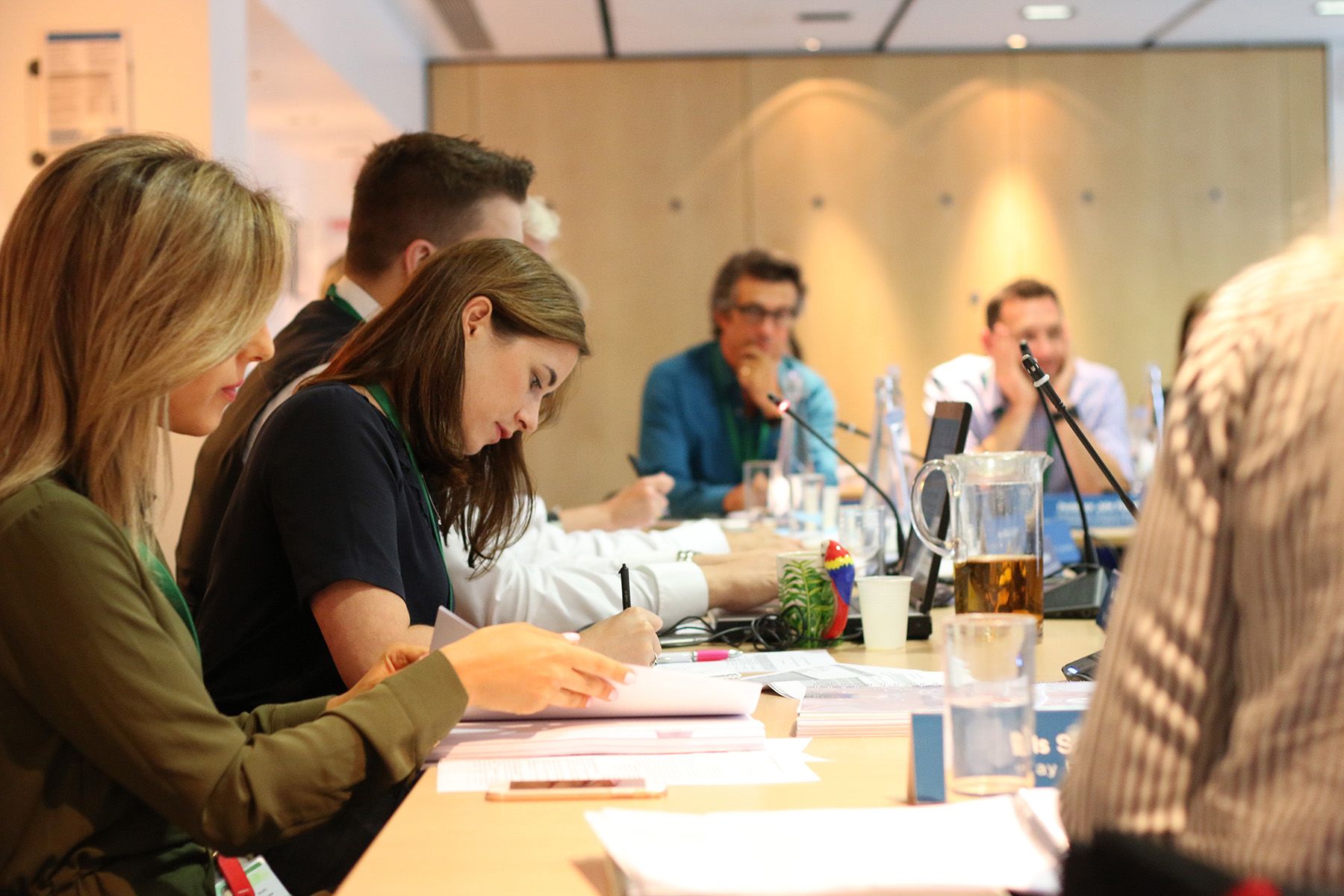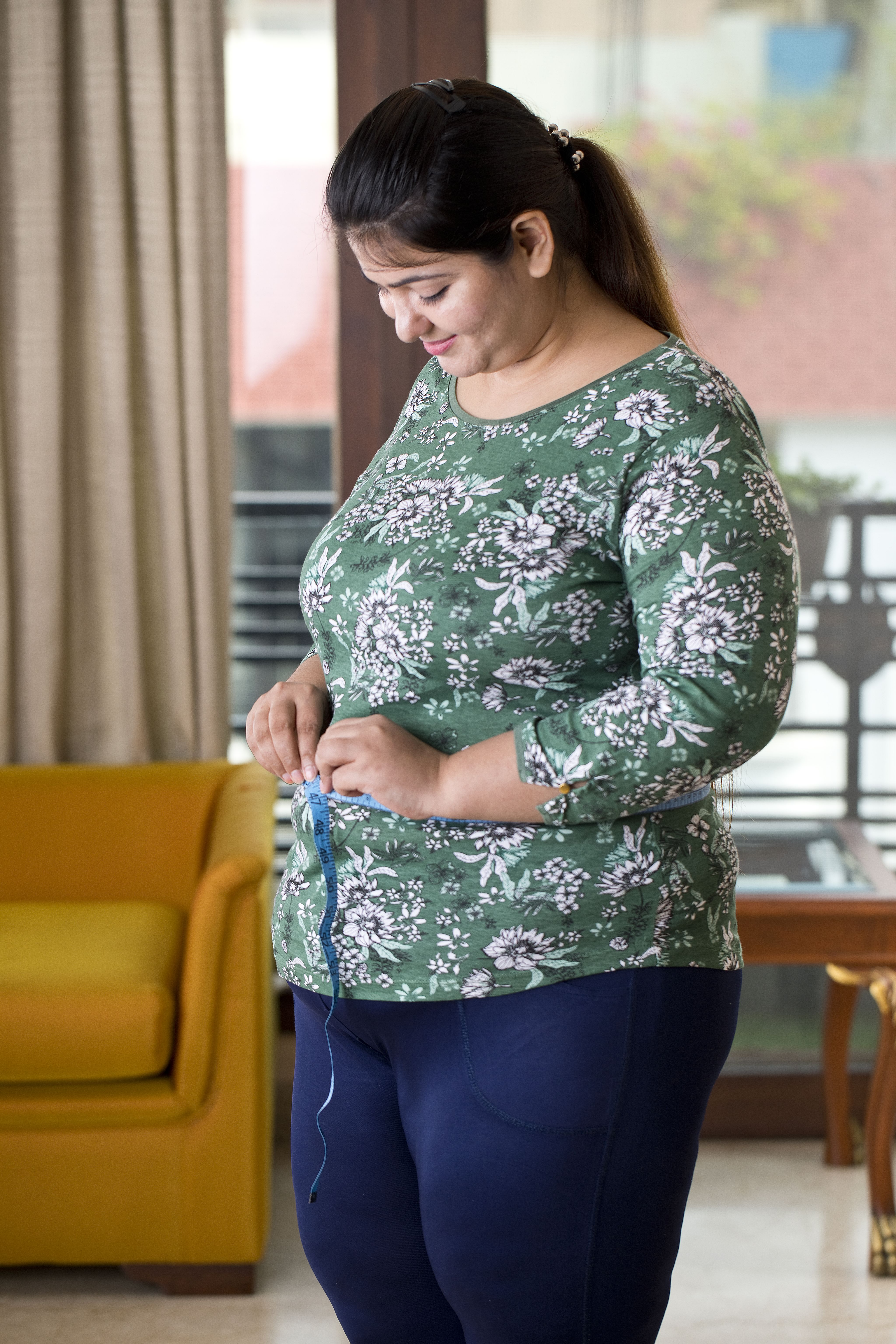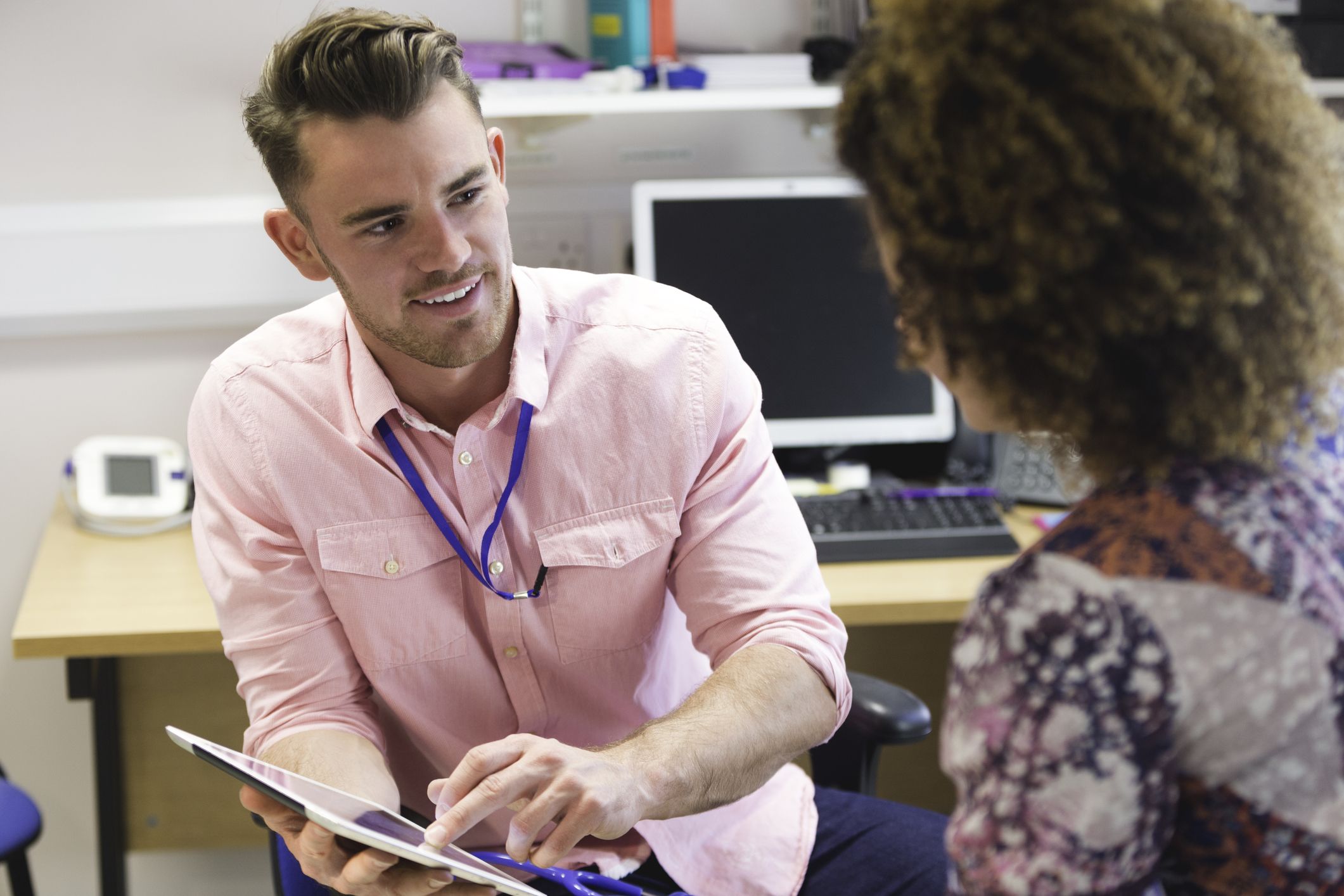A rewarding experience
A committee member’s story

Health and care professionals from a wide range of backgrounds work with NICE to produce our recommendations. Sitting on our independent committees, they help to develop and update our guidance. It is only by listening to their unique perspective that we can create advice that is useful and useable for busy health and care staff, making a real difference to patient care.
Dr Helen Parretti is a GP at the Beccles Medical Centre in Suffolk. Dr Parretti outlines her experience of sitting on our weight management update guideline committee.
"It’s been so rewarding to sit on NICE’s weight management guideline committee, contributing a primary care voice to guideline development."

Dr Helen Parretti, GP and NICE committee member
Dr Helen Parretti, GP and NICE committee member
Tell us about your committee
I’m a member of NICE’s weight management committee. We’re partially updating NICE’s suite of guidelines on weight management and amalgamating several guidelines into one.
What 3 words would you use to describe your committee member role?
Informative, enjoyable and worthwhile.
What motivated you to apply?
Obesity is my specialist interest. When I heard that NICE was updating its guidance in this area, I was keen to get involved. Sitting on NICE’s committee gives me the opportunity to contribute to improving clinical care for a group of patients that I care deeply about.

How has your input as a GP influenced the recommendations being developed?
My role is to ensure the voice of primary care is heard. A good example of this is when we were updating the obesity: identification, assessment and management guideline. We developed a new recommendation encouraging adults with a body mass index below 35 kg/m² (obesity class 2) to measure their own waist-to-height ratio. This measure identifies people who are at increased health risk and could benefit from weight management support. NICE was interested to hear my views on whether this was implementable from a general practice perspective. Was this something that primary care staff could easily explain to patients over the phone, for example?
How have you found the experience?
It has been so rewarding. It’s enabled me to gain a better understanding of the processes followed in developing high quality, evidence-based guidance.

Dr Parretti shared her views on whether our recommendation on self-measurement of waist-to-height ratio could be implemented in practice.
Dr Parretti shared her views on whether our recommendation on self-measurement of waist-to-height ratio could be implemented in practice.
What do you like most about your committee member role?
I enjoy working alongside the different disciplines. Membership is broad, for example including a health visitor, a commissioner, a dietitian, public health practitioners, paediatricians and psychologists. It’s fascinating to hear their different perspectives and learn from one another.
What surprised you?
It’s great to see the support NICE’s Public Involvement Programme provides to our committee lay members. These members have lived experience of the topic and play a vital role in shaping the guidance.
What have you learnt?
I’ve learnt about aspects of the health and care system that previously I knew little about. As a salaried GP, I’d never been involved in commissioning services. Through my committee role, I’ve been able to expand my knowledge and understanding in this area.

Have there been any challenges?
Since the COVID-19 pandemic, all our committee meetings have been virtual. Spending a whole day online can be a challenge, but our committee chair is excellent. The meetings are well structured, allowing time for regular breaks. The ‘raise hand’ button means everyone has the opportunity to contribute too.
What advice would you give to other health and care staff who are considering getting involved in NICE’s work?
Go for it! You do not need to be an academic or eminent in a particular field. It’s about the day-to-day experience you’ve gained from working in your clinical role. Applying to sit on a NICE committee may seem daunting. But, from my experience, it’s just a group of dedicated and friendly people, working together to improve patient care.
